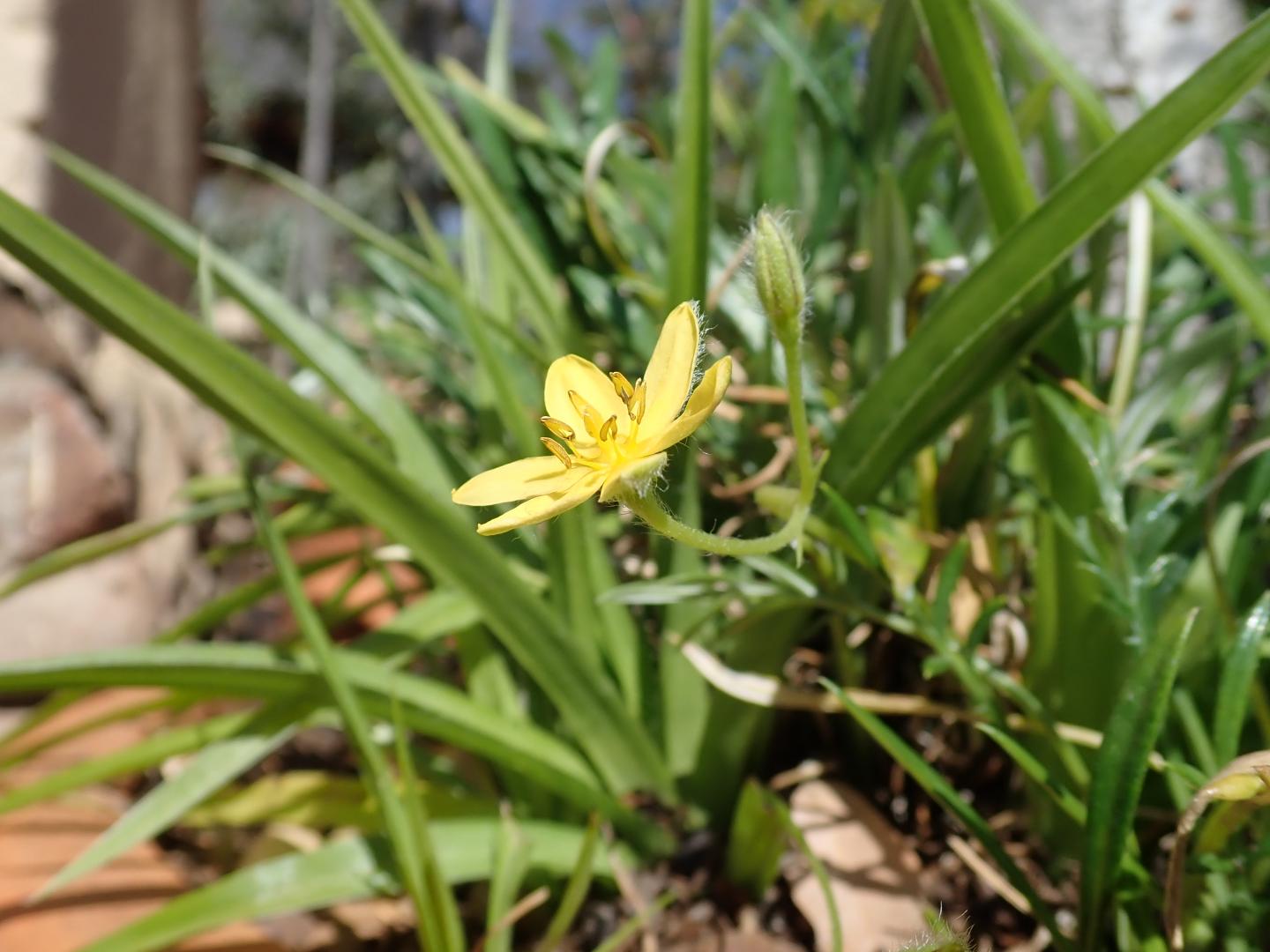Anthropology
Related: About this forum170,000-Year-Old Cooked Starch Found in South Africa
170,000-Year-Old Cooked Starch Found in South Africa
Friday, January 3, 2020

South Africa Hypoxis(Prof. Lyn Wadley/Wits University)
JOHANNESBURG, SOUTH AFRICA—According to a statement released by the University of the Witwatersrand, researchers including scientists Lyn Wadley and Christine Sievers have found evidence that early modern humans collected and cooked starchy plant parts known as rhizomes some 170,000 years ago. The charred rhizomes were recovered from fireplaces and ash dumps at South Africa’s Border Cave, which is located in the Lebombo Mountains, and identified with a scanning electron microscope as Hypoxis, a plant also known as the Yellow Star flower. The researchers suggests that a wooden digging stick discovered in the cave may have been used to dig such rhizomes out of the ground. Wadley also explained that cooking the rhizomes would have made them easier to peel and digest. She thinks that since the rhizomes were cooked in the cave, rather than in the field, they may have been shared with others who shared the cave as a home base. Today, the plant is still valued for the nutrition, energy, and fiber it provides. To read about starch residues that might constitute the earliest known evidence of potato domestication in North America, go to "World Roundup: Utah."
https://www.archaeology.org/news/8334-200103-roasted-starchy-plants
~ ~ ~
3 JANUARY, 2020 - 14:02 ASHLEY COWIE
170,000-Year-Old Human Diet Contained Roast Vegetables
New research focused on the roasted remnants of rootstalks found in a Lebombo Mountain cave in South Africa suggests early humans brought the plants to the cave to feed to their young and old.
A new paper published by archaeologist Lyn Wadley of the University of the Witwatersrand in Johannesburg and her colleagues in the journal Science reveals that the remains of roast rootstalks found in Border Cave that lies on the western scarp of the Lebombo Mountains in South Africa were taken there by early Stone Age humans as far back as 170,000 years ago, who cooked the carbohydrate-rich plants.
The Timeworn Fight For Nutrition
The roasted plants were discovered in the ancient rock shelter, which is located on the border with Swaziland, and its archaeological heritage stretched back a mind-blowing 200,000 years. According to the paper this new sample is ‘the earliest direct evidence of early humans cooking up rhizomes or any carbohydrate-packed plant.’ Previous evidence of modern humans roasting and eating plant starches dated back only 120,000 years.
While much is understood about animal-diets of early humans , the plant-aspect of their meals has been under-studied, the team told Science Mag , mainly because plant-based foods are perishable leaving only bone and stone tools for archaeologists to interpret what happened in prehistory. But the researchers said that although it still remains unclear exactly when humans first began eating root vegetables, plant-based carbohydrates 'almost certainly’ contributed substantially to ancient nutrition.

Small but distinctive traces of the plant Hypoxis angustifolia were found in Border Cave
( CC BY-SA 2.5 )
More:
https://www.ancient-origins.net/news-history-archaeology/human-diet-0013088
Karadeniz
(24,713 posts)wnylib
(25,355 posts)their veggies. 900,000 to a million years ago, Homo erectus in Asia was controlling fire. The various hominins that preceded Homo sapiens all descended from Homo erectus.
Our ancestors might have used fire first for light and/or heat before cooking with it, but I wouldn't be surprised if archaeologists eventually find even older evidence of cooked plants than this article reports.